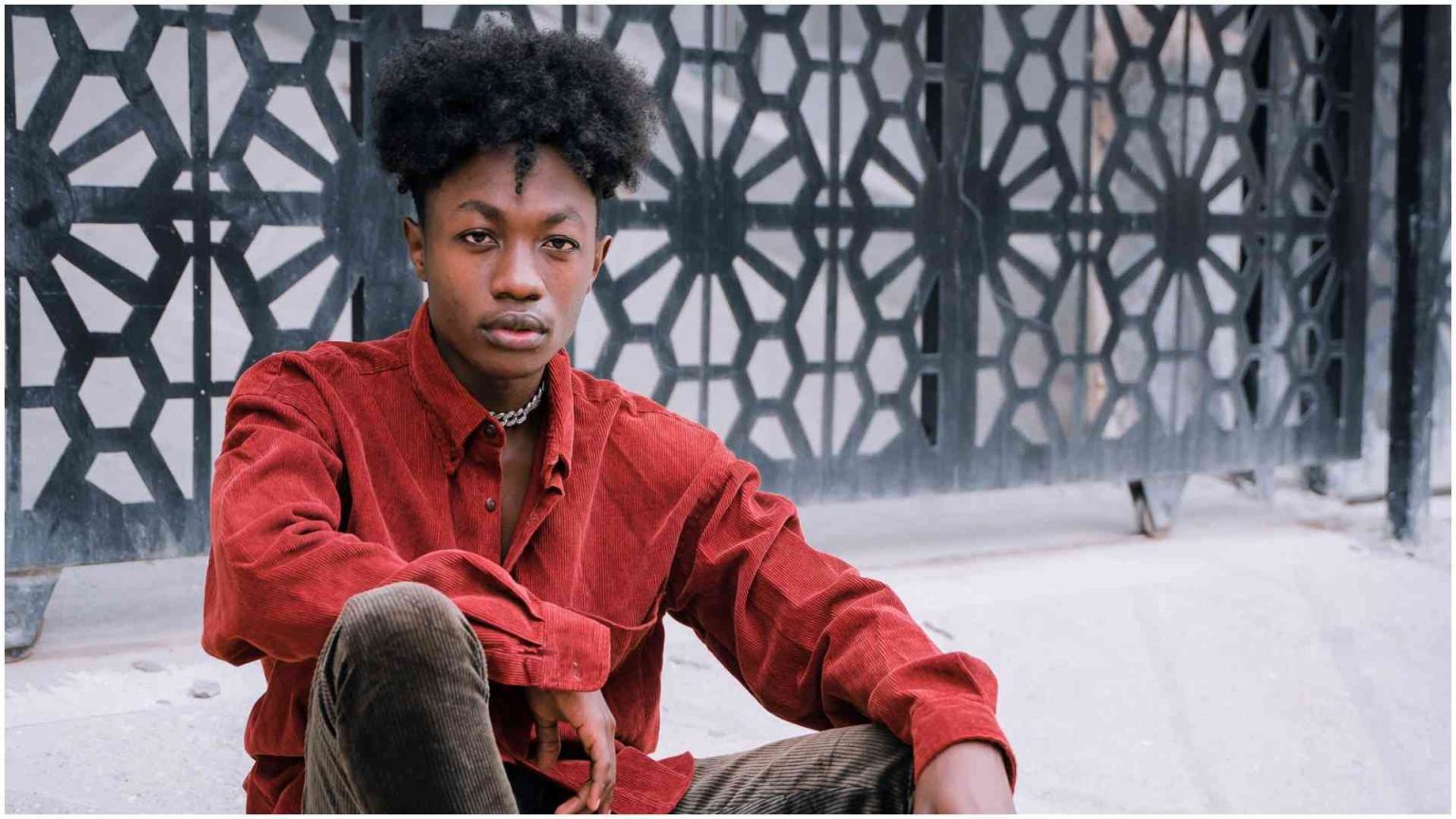For a while, Kenya’s entertainment scene has been relatively quiet, save for the occasional lighthearted banter with East African neighbours, usually over football or lyrical prowess in hip-hop.
But recently, fashion sparked an unexpected storm.
During a radio interview, rapper Octopizzo took a swipe at a fellow artiste’s fashion sense.
“There’s a certain rapper who clads in sweatpants from January to December and rocks them with old-fashioned Timberland boots,” Octopizzo said.
His comments triggered a quick response. Khaligraph Jones, never one to miss an opportunity, countered by endorsing his own OG Omollo custom sweatpants, limited edition.
Before the dust had settled, Tanzanian socialite Aisha Feruzy ignited another firestorm, this time targeting Kenyan women. She accused them of having “poor taste in dressing” and using “cheap makeup,” sparking a backlash from Kenyan ladies online.
The debate quickly spilt over to social media, where opinions were as varied as the fashion choices being discussed.
For Mukii_ke, who is barely in his mid-20s, the conversation was long overdue.
“Celebrities and personalities need to invest in hiring designers who can manage their looks according to the theme of the day,” he said.
Fashion faux pas among creatives, both globally and locally, isn’t new. Many wonder: Is fashion really just by chance? Mukii offers a balanced perspective.
“Not all designers dress unfashionably. There are exceptions,” he notes.
Mukii has built his reputation as a versatile entrepreneur, brand promoter and creative professional with hundreds of followers online. His passion for style is rooted in his early years.
“I’ve been into fashion since my younger days. Not high fashion, of course, but urban fashion trends. What I’ve observed is that some creative designers inspire through their work, but their personal style doesn’t always match their brand’s style.”
Being a designer often invites scrutiny.
“When I meet people for the first time and tell them I’m a fashion designer, they react in predictable ways. Some glance at what I’m wearing, others at what they’re wearing. If they look at me, I hardly give excuses for not being dressed fashionably. But when they look at themselves, many become embarrassed and apologise for not dressing better,” Mukii explained.
Reflecting on Aisha Feruzy’s controversial remarks, Mukii partly agreed but drew a line.
“What she said could be true in terms of picking dressing styles. But claiming our girls don’t clean well—that I don’t agree with. Still, there’s some truth to her criticism, and it shows why we don’t have as many designer brand shops in the country.”
According to him, the challenge is particularly tough for Kenyan female stars.
“A lot of stylists don’t go beyond their means to create variety, leaving us with thrift options only,” he adds.
But is style only about designer brands, or is it more about personal expression? Vee, a Nairobi-based celebrity designer, weighed in.
“Most people overlook the schedules designers are trying to beat. Many are juggling timelines, moving from one gig to another. That’s why personal style sometimes takes a backseat.”
The digital world, however, is rewriting the rules.
“With shared creativity happening across the globe, we’re all interconnected,” Vee added.
“We’re pushing not just our ideas but also our culture. Sadly, as a country, we still haven’t fully urbanised our cultural look like Ankara designs that we could claim and make global.”
Mukii sees hope in the younger generation.
“Gen Z have modernised fashion in their own way. Personally, in menswear, bespoke is always best. I dress how I feel. I can’t prepare my outfit the day before. Everything I wear is spontaneous, and that works for me.”
